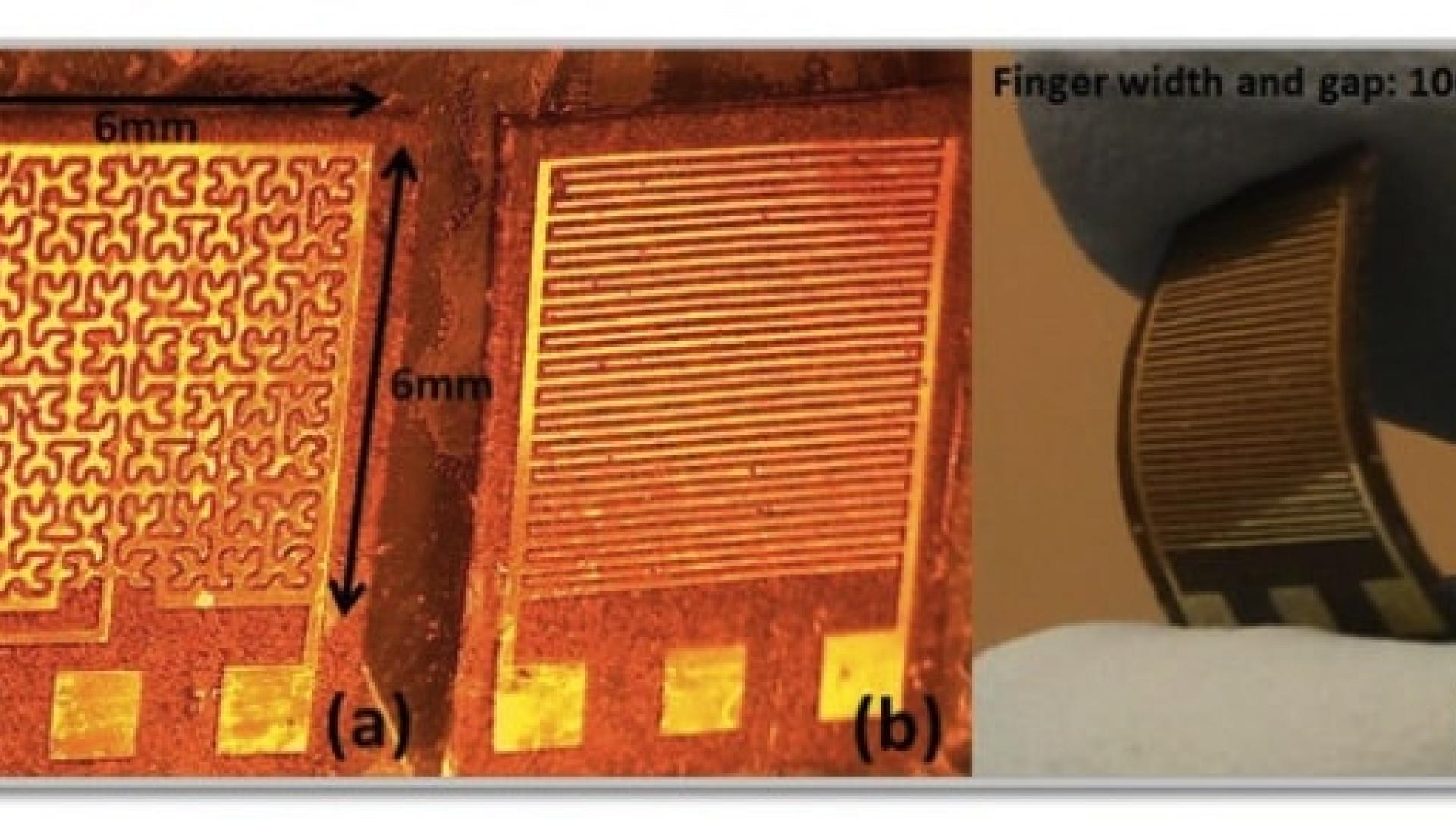Diagnostics become more important in third world countries as the people have limited access to medical care systems and have less awareness of healthy lifestyles. There is certainly a need for on-site detection in the life science fields; and for point-of-care diagnostics in rural areas of underdeveloped countries so that even an unskilled person can use the device to determine the presence of disease-causing markers. Currently, diagnostics commonly employ long assay time, trained personnel, sophisticated instruments, and require financial support. A good approach to overcome this current situation would be the use of flexible and paper-based point-of-care devices to detect specific biomarkers. Biomarkers provide insight into normal biological processes, pathogenic processes, and pharmacological therapeutic interventions. Hence, the development of more compatible, reliable, convenient, simple, easy-to-use systems would be of great use to a person less skilled in medical diagnostic procedures.
